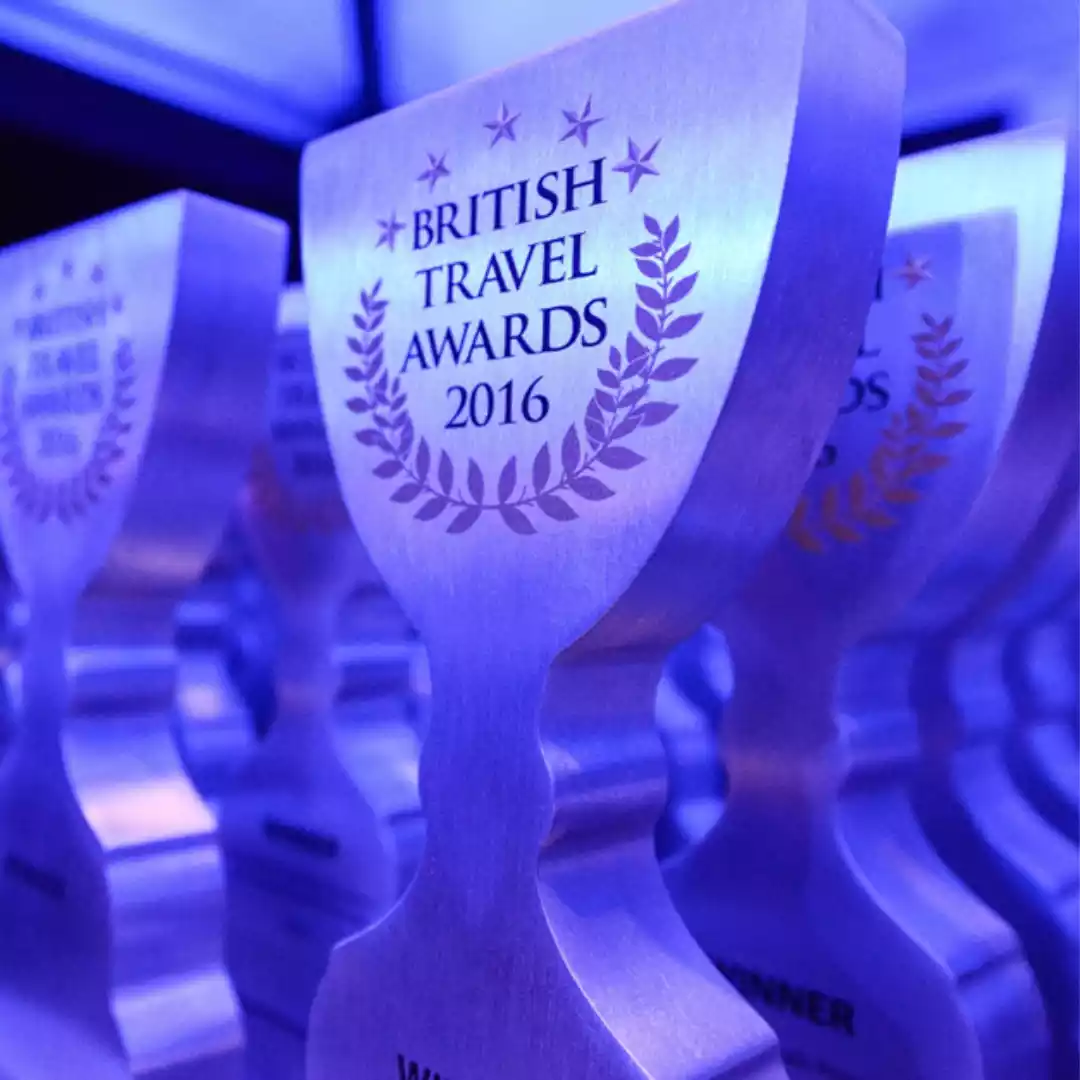If this is your first cruise, finding the best deal and booking your cruise can leave you feeling pretty overwhelmed or clueless to how it all works.
First of all, if you’re not comfortable or ‘fluent’ with the internet contact your local travel agent and see what offers they can provide for you.
The internet is a great place to go if you’re looking for a deal on a cruise. Norwegian Cruise Line deal exclusively with bookings taken online, and other cruise lines are starting to follow in suit. If you have no idea where to start, go straight to Google or the cruise lines websites to see what cruises best suit you, your travelling companions and your joint interests.
Word-of-mouth ensures you’re getting good value for money, so if you’ve got any friends who have been on a cruise ask them about their experience – Which line did they travel with? Where did they visit? How was the service?
Another option is to use a third-party discount cruise website. You can check out the reputation of the cruise company, see reviews, compare the prices and as long as you read the small print, you should be fine.
The most important thing is to make sure your cruise suits you. Make sure you’re likely to use the amenities on-board, as some ships can sail for up to 5 days without stopping, and you could get bored of the books and music you bought along for that very reason. Ships tailor for every individual taste, from Asian fusion cooking, history and art lectures, to zip-wiring across the ship or using the on-board cinema.
The next thing to check is itineraries and where your ship is going. Choose an itinerary that interests you, and preferably somewhere you haven’t explored before. Ships sail in thirteen cruising regions; Baltic, Pacific, Arctic, Atlantic, Antarctic, Caribbean, Australian, Worldwide, Middle East, Far East, Panama, European and Mediterranean. For those who are interested in exotic sunbathing opportunities, the Caribbean is likely to be suited to you instead of a historical cruise where you can explore the ancient culture and civilizations of bygone eras.
Once you’ve picked out which cruise you want to go on, it’s important to book as soon as possible as cabins, excursions and free upgrades go fast, plus in booking early, you have more time to make the rest of the payments for your cruise holiday. However if you’re willing to take the risk, last minute booking are great for people who can be flexible and chase a good deal.
Cruise lines offer discounted cruises around hurricane season in order to fill their cabins with people willing to take the risk of a changed itinerary or delayed, cancelled or altered cruise.
Similarly, if it’s getting too close to the cruise’s departure date and the ship still doesn’t have booked maximum occupancy, it’ll drop its prices in order to get as many people on-board as possible.
Remembering to take the following pieces of documentation and paperwork is essential before you choose to cruise. Once all your documentation and your passport are packed and you’re ready to go, you can embark on your cruise and fully enjoy what the ship and its destinations have to offer.
Passports are an essential must-pack item for anyone looking to go away on holiday. Before you go away on your cruise, make sure you have a valid passport for the time of your travel. If not, leave enough time to apply and to get one sent to you.
Note that: – Irish infants up to the age of 3 are issued with a 3-year passport
– It is no longer possible for children to be included on their parent’s passport
– Obtaining a full British or Irish passport normally takes about 3 weeks, but you should allow longer at busier holiday or seasonal times of the year, especially between April and September.
– Replace your passport if it has more than reasonable wear and tear as you may not be allowed to travel with it.
If anyone in your travelling party does not have a passport, we recommend that you apply for one no later than six weeks before you’re due to travel. The Passport Service must confirm your identity before issuing your first passport and you may have to attend an interview with them.
If you are already in the UK and need a passport either the same day or the same week, you have to book and appointment with the Passport Service. Once you’ve had your appointment, you can receive your passport within the same day or up to a week after your meeting date.
Go to the direct.gov website for further information.
Depending on your itinerary, there may different visa requirements for each country. Although most have the same strict requirements and rules, it’s always best to check, especially as passengers who do not possess the proper documentation may be prevented from boarding their ship or from disembarking in certain countries. VISA companies such as VISACentral offer you up-to-date information on the type of VISA you need and other entry requirements.
If you’ve travelled to America in the past, you might have had to complete your immigration card on-board your flight or cruise which would allow you to enter providing you fulfilled the other requirements, such as passport validity and no criminal record. However, this system has now been replaced with ESTA.
ESTA (Electronic System for Travel Authorisation) is an automated system used to determine the eligibility of visitors to the US under the Visa Waiver Program (VWP) and whether such visits pose any law enforcement or security risk.
The US VWP allows most British Citizen passport holders to visit the US for up to 90 days without a visa. However, if you’re arriving by air or sea, you must get an authorisation through the ESTA system before you travel. All eligible travellers who wish to travel to the US under the Visa Waiver Program must apply for authorisation and then pay a fee.
ESTA is now a mandatory requirement in order to board any ship/flight which will call at a US port of entry (including Puerto Rico and the US Virgin Islands) and is also required if arriving in the US in transit to another country. All travel operators are strictly adhering to this regulation.
To apply for authorisation to travel to the United States, please log on to the ESTA web-based system and complete an application online providing the eligibility information required.
Airlines ensure ESTA information has been completed at check-in. For cruise check-in, passengers will need to bring a printed copy of their ESTA approval and present this at the pier when checking in for a cruise that will call/finish at any US port/
Please note:
Snorkelling in the Cayman Islands, kayaking past hundred-foot tall glaciers in the Arctic, spotting wildlife on the coast in the Hebrides, cage-diving with sharks in Cape Town – there are hundreds of great excursions that cruise ships offer their passengers and there’s usually something to provide everyone with a memorable experience on their non-sailing days.
Once you’ve booked your cruise, you’ll be able to browse through and pick excursions offered to you and customise your trip to your tastes at additional cost. Most shore excursions are hugely popular and they book up fast as they operate on a strict first-come first-served policy. To avoid disappointment, InsuranceWith advise you either book early or book through one of the several excursion operators available in each port, which you can book through independently online.
If you are unable to make your planned shore excursion due to illness, cabin confinement or trip cancellation, Insurancewith cover any excursions that were booked and pre-paid for before you embarked on your cruise, allowing you to deal with any unforeseen event with peace of mind that you won’t be left out of pocket.
If you are taking part in an activity whist on an excursion, please double check our list of ‘covered activities’ to ensure you are fully covered. Click here to see the list.
Below are some tips on excursions:
Travelling to Asia remains number 1 in the top ten most popular travelling destinations, a recent survey has found.
People seem to know that travelling and Thailand tend to go together like bread and butter, and as a result, Thailand scores the top spot in many top destinations to travel to. Read more
La Plagne, a ski resort nestled Tarentaise Valley in the French Alps, and lies at altitudes between 4,100ft (1,250m) and 10,660ft (3, 250m), has been named the world’s favourite ski resort by an annual winter sports industry report. Read more
















